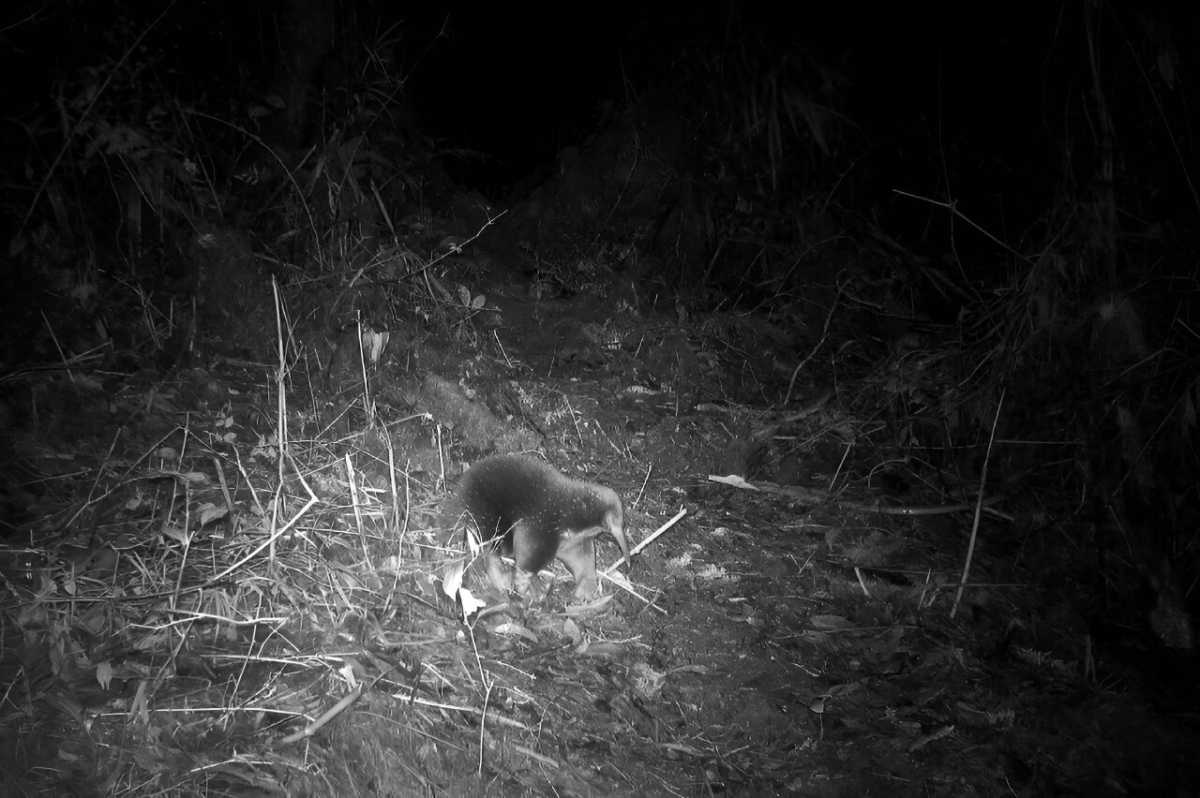World
Rare Echidna Rediscovered in Remote Indonesia

An elusive echidna feared extinct after disappearing for six decades has been rediscovered in a remote part of Indonesia, on an expedition that also found a new kind of tree-dwelling shrimp.
The Zaglossus attenboroughi, a kind of long-beaked echidna named for famed British naturalist David Attenborough, had last been seen in 1961.
Echidnas are nocturnal and shy, making them difficult to find at the best of times, and the Attenborough long-beaked echidna has never been recorded outside the extremely remote Cyclops Mountains of Indonesia’s Papua region.
They are the last vestiges of an ancient animal line, explained James Kempton, a biologist from the University of Oxford who led the expedition.
The team relied heavily on guidance from the local community, who helped them navigate difficult terrain and granted them access to areas regarded as sacred.
In addition to the rediscovered echidna, the team found a kind of honeyeater bird not recorded since 2008, and a slew of underground species that are new to science.
Blind spiders, blind harvestman, and a whip scorpion were all recorded in a previously unexplored cave system that was revealed only when a team member fell through a moss-covered entrance.
Among the more unusual findings was a new kind of tree-dwelling shrimp. “We were quite shocked to discover this shrimp in the heart of the forest,” said Leonidas-Romanos Davranoglou, the team’s lead entomologist, theorizing that the region’s heavy rainfall creates an environment humid enough for the shrimps to live on land.
The discoveries came despite perilous conditions, with Davranoglou breaking his arm on the trip and another researcher enduring a leech attached to his eye for a day and a half before it was removed at a hospital.
For all the hardships, Kempton described the landscape as “magical,” and the team hopes their findings will highlight the desperate need for conservation of the region and Indonesia’s remaining forests elsewhere.
“Tropical rainforests are among the most important and most threatened terrestrial ecosystems,” said Davranoglou.












